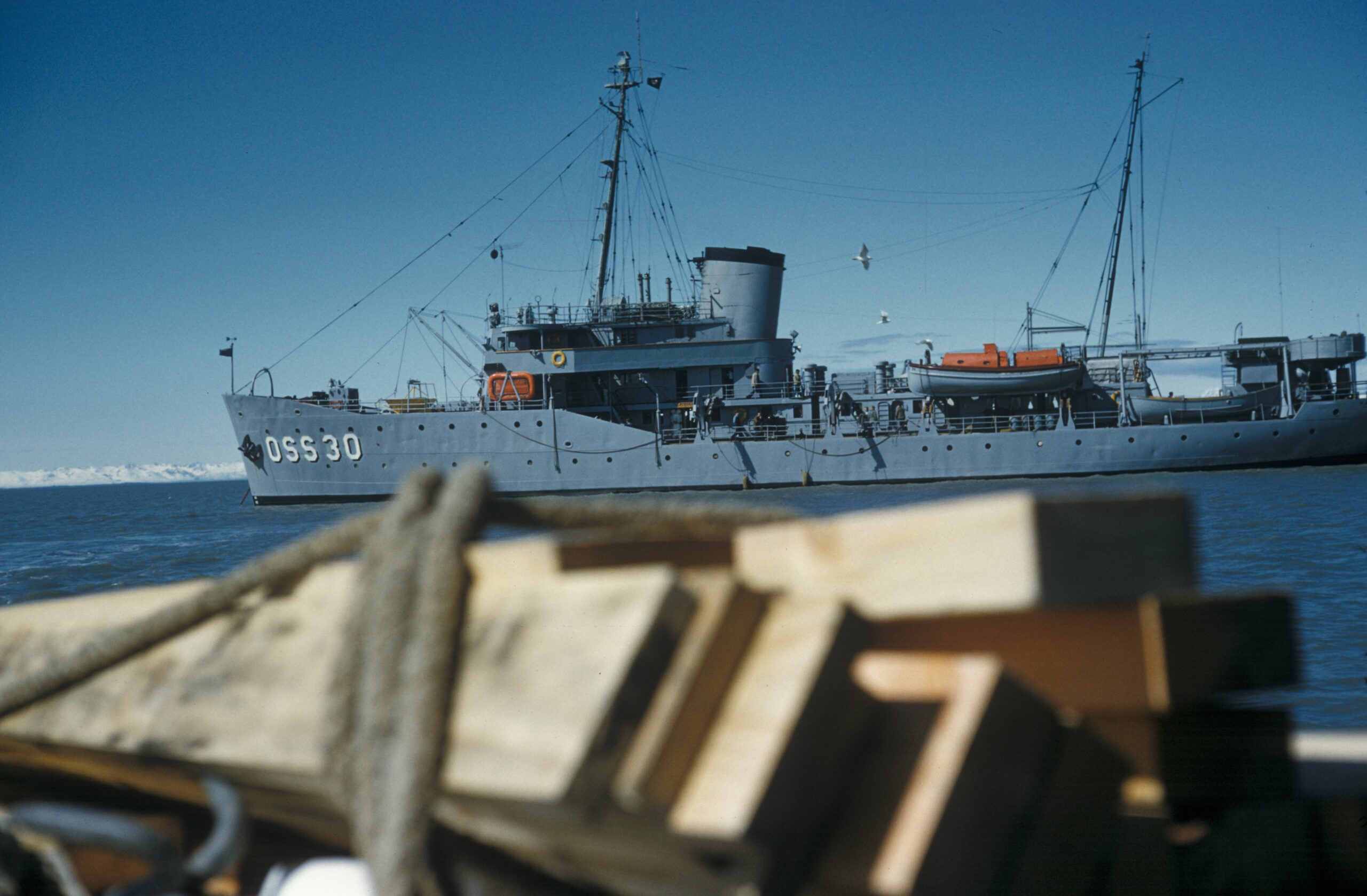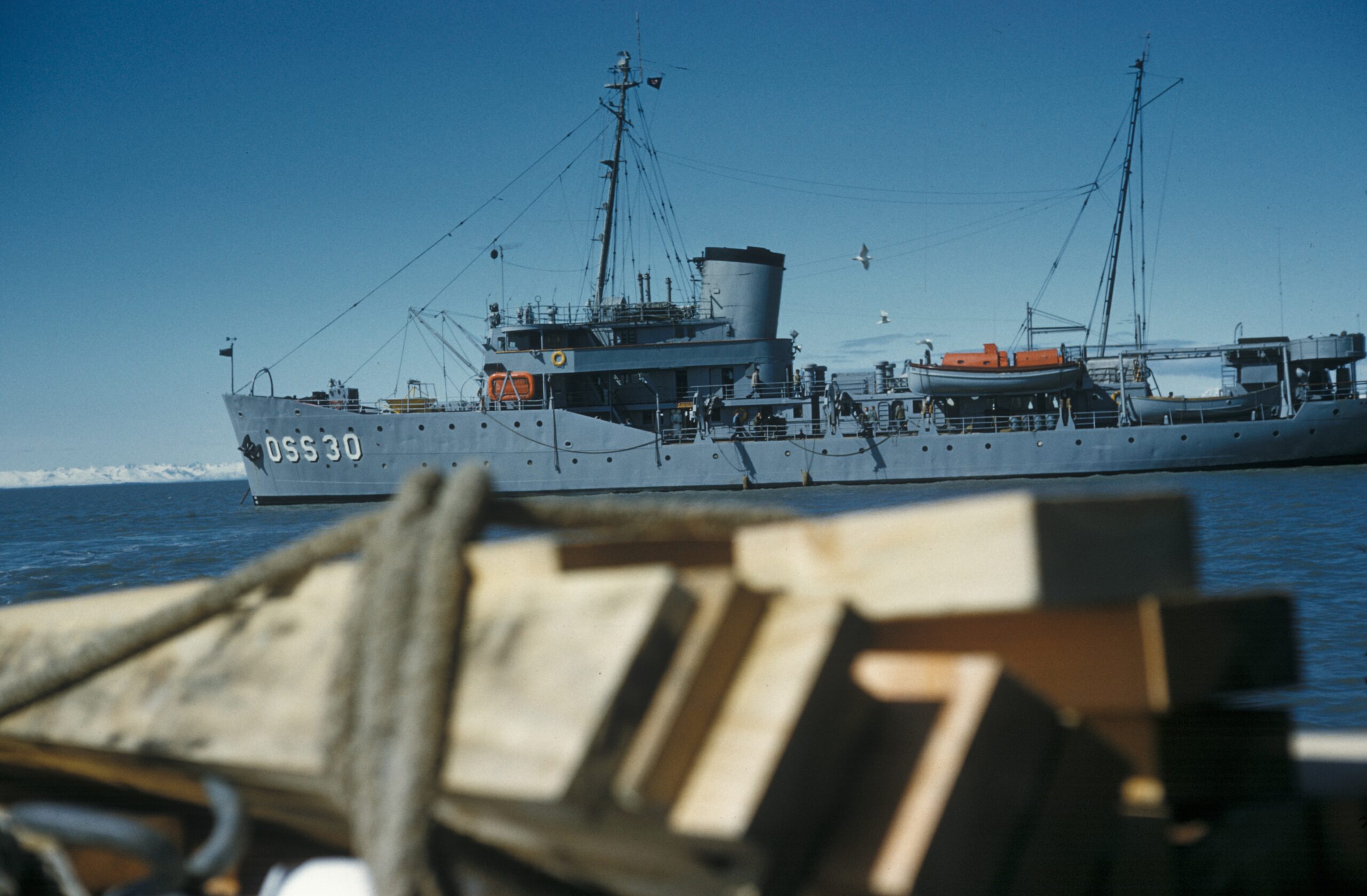
If you’re planning a cruise vacation with your little one, you may be wondering about the rules and regulations regarding bringing baby food on board. It’s essential to be well-informed to ensure a smooth sailing experience for both you and your child. In this article, we’ll provide you with all the information you need to know about the rules for bringing baby food on a cruise ship, so you can confidently pack your bags and set off on a wonderful family adventure.
Restricted Food Items on Cruise Ships
Examples of Restricted Food Items
When planning a cruise vacation with a baby, it is important to be aware of the restrictions on bringing certain food items on board. Some common examples of restricted food items on cruise ships include fresh fruits and vegetables, meat and poultry, dairy products, and homemade food. These restrictions are in place to ensure the safety and health of all passengers.
Reasons for Restrictions
The restrictions on certain food items are mainly in place to prevent the risk of foodborne illnesses. Cruise ships have a responsibility to maintain high standards of cleanliness and food safety to protect their passengers. Since fresh fruits, vegetables, meat, and dairy products are perishable and require proper storage conditions, it can be challenging for cruise ships to guarantee their safety for consumption onboard.
Importance of Knowing the Rules
Knowing the rules and restrictions regarding baby food on a cruise ship is crucial to avoid any disappointments or inconveniences during your vacation. By understanding the guidelines set by the cruise line, you can plan and prepare accordingly, ensuring that you have the necessary baby food supplies to keep your little one nourished and satisfied throughout the trip.
General Policies for Bringing Baby Food on a Cruise Ship
Checking the Cruise Line’s Policy
Before embarking on your cruise, it is essential to check the policy of the specific cruise line you will be traveling with. Each cruise line may have slightly different rules and regulations regarding baby food. You can easily find this information on the cruise line’s website or by contacting their customer service. Familiarize yourself with the guidelines to ensure a smooth experience when bringing baby food on board.
Allowed Quantities of Baby Food
Most cruise lines do allow passengers to bring a reasonable quantity of baby food on board. However, it is important to note that the allowed quantity may vary between cruise lines. Some cruise lines may specify a limit per day or per passenger, while others may have more flexible guidelines. Be sure to check if there are any restrictions on the amount of baby food you can bring to avoid any issues during the boarding process.
Packaging and Labeling Requirements
When bringing baby food on a cruise ship, it is essential to adhere to the packaging and labeling requirements. Most cruise lines require all baby food containers to be properly sealed and unopened. Additionally, it is generally recommended to label each container with the baby’s name and the contents inside for easy identification. Following these requirements will help ensure compliance with the cruise line’s policies and facilitate a hassle-free experience.

This image is property of images.unsplash.com.
Pre-Packaged Baby Food
Advantages of Pre-Packaged Baby Food
Pre-packaged baby food is a convenient option for parents traveling on a cruise ship. These products are specially formulated to provide essential nutrients for infants and are readily available in various flavors and textures. They come in sealed containers, which reduces the risk of contamination and makes them easy to transport and store.
Common Restrictions on Pre-Packaged Baby Food
While pre-packaged baby food is generally allowed on cruise ships, there may be certain restrictions to be aware of. Some cruise lines may require that the containers are unopened and in their original packaging. It is important to follow these guidelines to ensure compliance with the cruise line’s policies. Additionally, keep in mind that expired or damaged pre-packaged baby food may not be permitted on board.
Tips for Bringing Pre-Packaged Baby Food
To make the most of your pre-packaged baby food during your cruise, here are a few helpful tips:
- Check the ingredients: Before purchasing pre-packaged baby food, carefully read the ingredients list to ensure it aligns with your baby’s dietary needs and any allergies they may have.
- Pack enough for the entire trip: Estimate the amount of pre-packaged baby food your little one will need for the entire duration of the cruise. Packing extra supplies is always a good idea in case of unforeseen circumstances or delays.
- Consider the temperature: Baby food, whether pre-packaged or homemade, may need to be refrigerated. Be mindful of the storage requirements and consider bringing a small cooler or thermal bag to maintain the appropriate temperature.
Homemade Baby Food
Considerations for Homemade Baby Food
Some parents prefer to prepare homemade baby food, as it allows for more control over the ingredients and ensures freshness. However, bringing homemade baby food on a cruise ship may require additional planning and consideration. It is important to be aware of the guidelines imposed by the cruise line to ensure compliance and avoid any difficulties during the boarding process.
Potential Restrictions on Homemade Baby Food
Cruise lines generally discourage bringing homemade baby food on board due to the risk of contamination. Homemade baby food requires proper storage conditions and may not be suitable for prolonged periods without refrigeration. Additionally, homemade baby food may not be as easily identifiable as pre-packaged options, which can lead to delays during security screenings.
Tips for Bringing Homemade Baby Food
If you still choose to bring homemade baby food on your cruise, here are a few tips to help facilitate the process:
- Freeze the food: Prepare individual portions of homemade baby food and freeze them before your trip. This will help maintain their freshness and ensure they stay at the appropriate temperature for as long as possible.
- Inform the cruise line: Prior to embarking on your cruise, it is advisable to inform the cruise line about your intention to bring homemade baby food. They may provide specific guidelines or make arrangements to ensure a smooth experience.
- Bring necessary supplies: To properly store and serve homemade baby food, consider packing small, leak-proof containers, utensils, and a cooler if necessary.

This image is property of images.unsplash.com.
Exceptions for Baby Food
Medical Considerations
In certain medical situations, exceptions may be made for baby food on a cruise ship. If your baby requires specialized medical formula or food due to a specific condition or dietary restriction, it is essential to inform the cruise line in advance. They may request supporting documentation from a medical professional to ensure that the necessary supplies are allowed on board.
Exceptions for Guests with Allergies
If your baby has a diagnosed food allergy, special arrangements can often be made to accommodate their dietary needs. Inform the cruise line about the specific allergy and any required accommodations. The cruise line’s staff will work with you to ensure that appropriate food options are available onboard and that necessary precautions are taken to prevent cross-contamination.
Exceptions for Infants with Dietary Restrictions
If your baby follows a specific diet, such as being vegetarian or vegan, it is important to communicate this to the cruise line. While most cruise lines offer a variety of dietary options, ensuring that suitable baby food is available can be facilitated by prior communication. The cruise line’s staff will be able to provide guidance, suggest suitable alternatives, and make the necessary arrangements to accommodate your baby’s dietary restrictions.
Additional Tips for Bringing Baby Food on a Cruise Ship
Check the Expiration Dates
Before packing baby food for your cruise, carefully check the expiration dates on all containers. Expired baby food may not be permitted on board, and it is vital to ensure that what you bring is within its expiration date to guarantee its safety and quality.
Bring the Necessary Utensils
Don’t forget to pack the necessary utensils for feeding your baby. Depending on their developmental stage, this may include spoons, bowls, bottles, and other feeding accessories. It’s always better to be prepared and have the appropriate tools to ensure your baby’s comfort during mealtime.
Consider Any Required Storage
Different types of baby food may have specific storage requirements. Be mindful of this and consider whether you need to bring a small cooler, thermal bag, or any other storage solutions to maintain the optimal temperature for your baby’s food.

This image is property of images.unsplash.com.
Conclusion
When it comes to bringing baby food on a cruise ship, it is essential to familiarize yourself with the specific rules and regulations of the cruise line you will be traveling with. Knowing the restrictions, guidelines, and exceptions will help you plan and prepare accordingly, ensuring the health and well-being of your baby throughout the trip. Whether you choose pre-packaged baby food or opt for homemade options, by following the necessary requirements and considering the additional tips provided, you can have a worry-free cruise experience while keeping your baby well fed and nourished.



